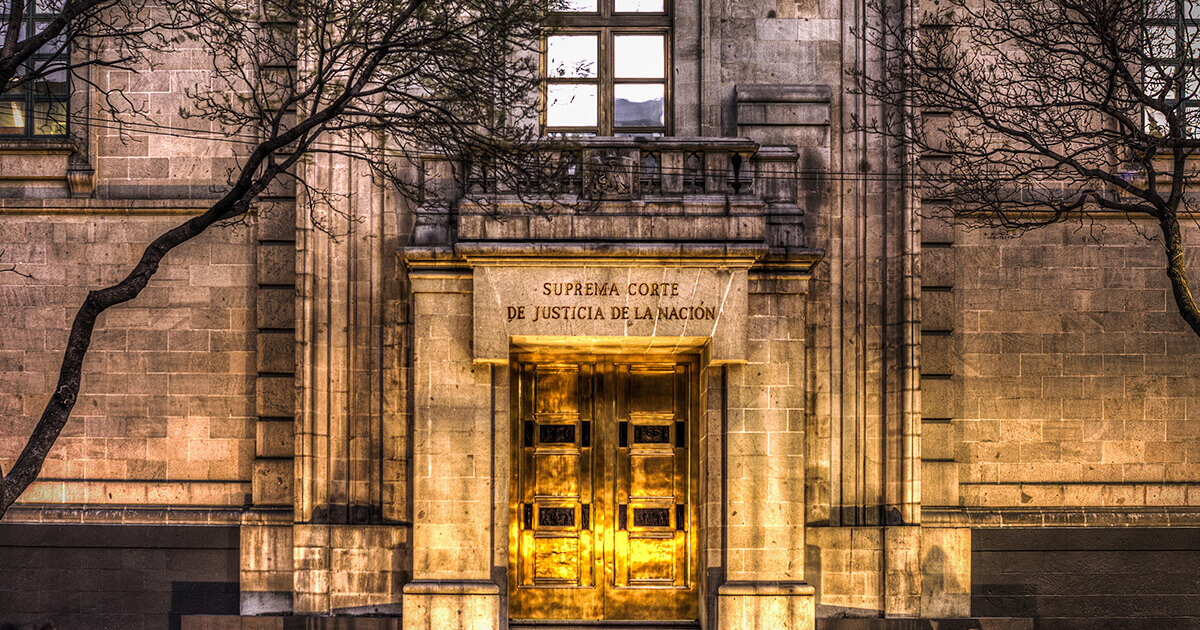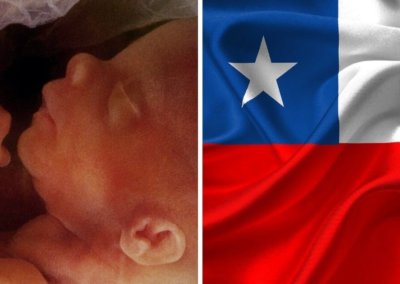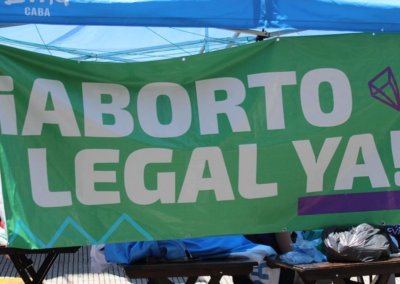Mexico’s Supreme Court has voted 4-1 to reject an injunction to allow abortion on-demand up to 12-weeks in the Mexican state of Veracruz.
Last year, a judge in the Mexican State of Veracruz approved an injunction ordering the state’s Congress to remove articles 149, 150, and 154 from the state’s penal codes.
The ruling came in response to a wide-ranging Federal Government report on women’s rights, published in 2016, which called for the introduction of abortion legislation across the whole of Mexico.
Removing these articles would have introduced abortion on-demand up to 12 weeks within the Mexican State of Veracruz.
In addition, abortion activists believed the upholding of this injunction in the Supreme Court would have allowed them to use similar tactics to legalise abortion in more Mexican states.
Before the injunction was rejected, Rebeca Ramos, director of pro-abortion group Grupo de Información en Reproducción Elegida (GIRE) – who have received funding from International Planned Parenthood Federation (IPPF) in the past – stated that if the court upheld the injuction it “could allow us to petition for injunctions or other measures in the rest of the states which have restrictive regulations on abortion.”
But on wednesday afternoon, four out of five justices on the Supreme Court voted to reject the injunction, with one judge saying that to uphold the law would “greatly overstep the constitutional powers of this Supreme Court of Justice of the Nation,” as the state had already put into place laws on abortion.
Ahead of the Supreme Court’s decision, over 200,000 people had signed a petition asking the Supreme Court to defend the right to life.
The current law in Veracruz includes provisions allowing abortion to save the life of the mother and in cases of rape under 90 days gestation.
In 2016 the Veracruz legislature also voted 34-9 to amend the state’s constitution to include the protection of life from conception to natural death.
Mexican states uphold the right to life
The Supreme Court’s decision comes after an attempt to allow abortion on demand, for any reason, up to the 12 weeks was rejected in the Mexican state of Guanajuato in May.
The United Commission of Justice and Public Health voted by six votes to three to dismiss the proposed legislation, put forward by the Morena and the Revolution Democratic Party (PRD).
In addition, in May the Mexican state legislature of Nuevo Leon passed an education reform bill to foster a “respect for life from conception to natural death.”
The law reflects the state’s constitution, which affirms that “the state recognizes, protects and defends the right to life that every human being has. From the moment of conception that life comes under the protection of the Law and is considered as having been born with regards to all corresponding legal effects until its natural death.”
The new bill also includes provisions to help prevent disability-selective abortions as it calls for the “inclusion, through the development of special training, programs for the employment of people with some kind of disability.”
Abortion across Mexico
The state of Mexico City currently has the most liberal abortion law in Mexico, allowing abortion on demand up to 12-weeks. This law, enacted in 2007, was later upheld by the Supreme Court in 2008 and resulted in abortion laws being reverted back to state legislatures.
In response, 18 states passed laws and constitutional amendments to protect life from conception until natural death. As of 2020, abortion is legal in two Mexican states – Mexico City and Oaxaca – out of 32 states.












